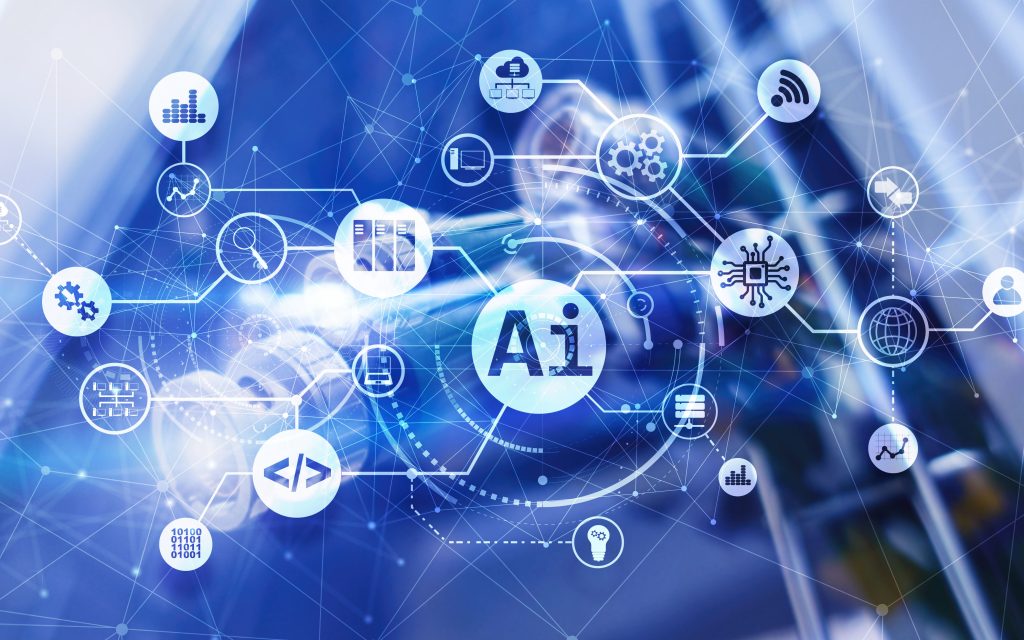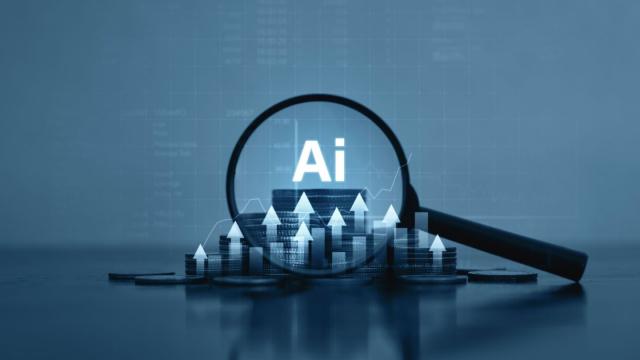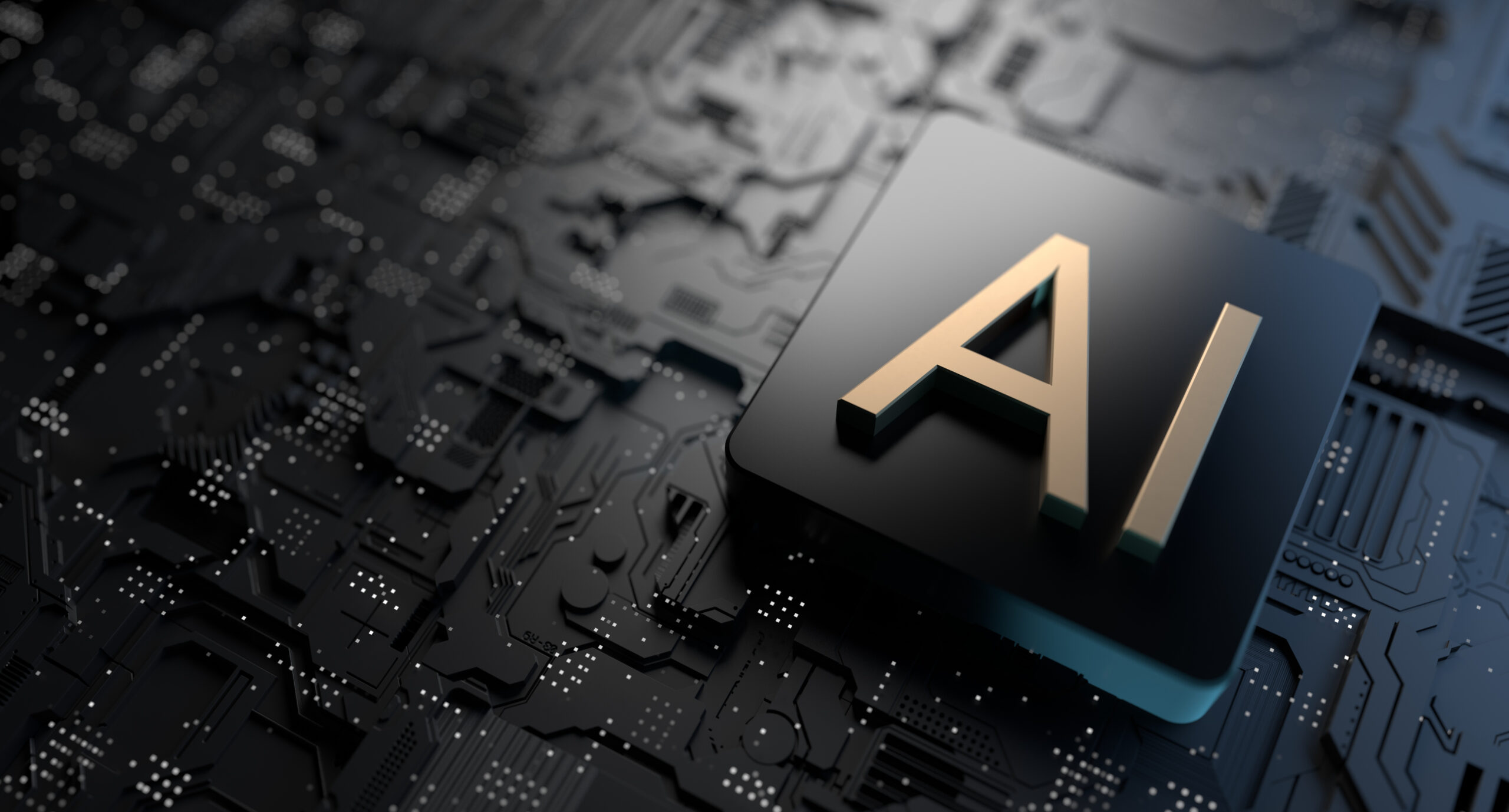New AI regulations and policies are reshaping the U.S. health tech sector, driving innovation and investment growth

March 1, 2025
Artificial intelligence (AI) is reshaping the healthcare industry, offering new possibilities for diagnostics, treatment, and patient care. Recent AI policy changes in the U.S. could further accelerate investment in health tech, ensuring the industry remains at the forefront of medical innovation. With AI-driven solutions already demonstrating significant potential in fields like radiology, drug discovery, and patient management, regulatory shifts are poised to create an environment that fosters both investment and innovation.
The Role of AI in Health TechAI is increasingly being used in healthcare to enhance efficiency, accuracy, and accessibility. Key applications include:
With AI's increasing presence in healthcare, new policies are being developed to ensure its ethical use while promoting investment.
U.S. AI Policy Changes: What’s New?The U.S. government is taking steps to regulate AI in healthcare to balance innovation with patient safety and ethical concerns. Key policy shifts include:
FDA AI Regulations
Data Privacy and Security Enhancements
AI Liability and Ethical Frameworks
Government AI Funding for Healthcare Innovation
These policies aim to create a safer, more reliable AI ecosystem while attracting investors looking to capitalize on the growing demand for AI in medicine.
Impact on Health Tech InvestmentsThe recent AI policy changes are expected to drive significant investments in health tech. Some of the key effects include:
Increased Venture Capital Activity
Growth in AI Startups Focused on Healthcare
Corporate Investments and Mergers
Expansion of AI in Telemedicine
While AI policy changes offer opportunities, there are also challenges:

New AI Investment Guidelines: Impact on Tech Investors
The U.S. has introduced new guidelines for AI investments, aiming to address security concerns and market dynamics. Here's how the new rules will affect tech investors

Biden Administration Unveils New AI Investment Regulations
The Biden administration has unveiled new regulations aimed at overseeing AI investments to ensure national security, ethical development, and responsible growth in the tech sector

The US tightens AI investment regulations to curb foreign influence and strengthen national security
The US government has introduced stricter AI investment restrictions to prevent foreign influence in critical AI sectors. The new regulations aim to protect national security, enhance compliance measures, and promote domestic AI innovation. These changes will impact AI startups, investors, and international partnerships.

US to Restrict Foreign AI Investments
The U.S. government is exploring new policies to limit foreign investments in artificial intelligence (AI) technologies to safeguard national security and maintain technological leadership

US AI Investment Rules Shake Global Markets
The U.S. government’s new regulations to limit foreign investments in AI technologies could disrupt global markets, reshaping investment flows, innovation, and competition

Economic Impact of US AI Investment Policy Changes
The U.S. government’s shift in policy to restrict foreign investments in AI technologies could disrupt both the U.S. economy and the global market, influencing technological progress and global competition

How U.S. Policies Are Shaping the Future of AI Investments
The U.S. government is introducing new investment policies to regulate AI growth, ensuring national security, ethical development, and responsible innovation

How the US is Regulating AI Investments for Security & Growth
The US government has unveiled new measures to regulate AI funding, focusing on national security, ethical AI development, and strategic investment control

New regulations are reshaping AI investments, funding, and growth
New investment laws are set to reshape the AI industry, affecting funding, foreign investments, and innovation. Learn how these regulations impact AI growth
The Atlantic Daily
Get our guide to the day’s biggest news and ideas, delivered to your inbox every weekday and Sunday mornings. See more newsletters
.webp)
Ideas That Matter
Subscribe and support more than 160 years of independent journalism.
Subscribe